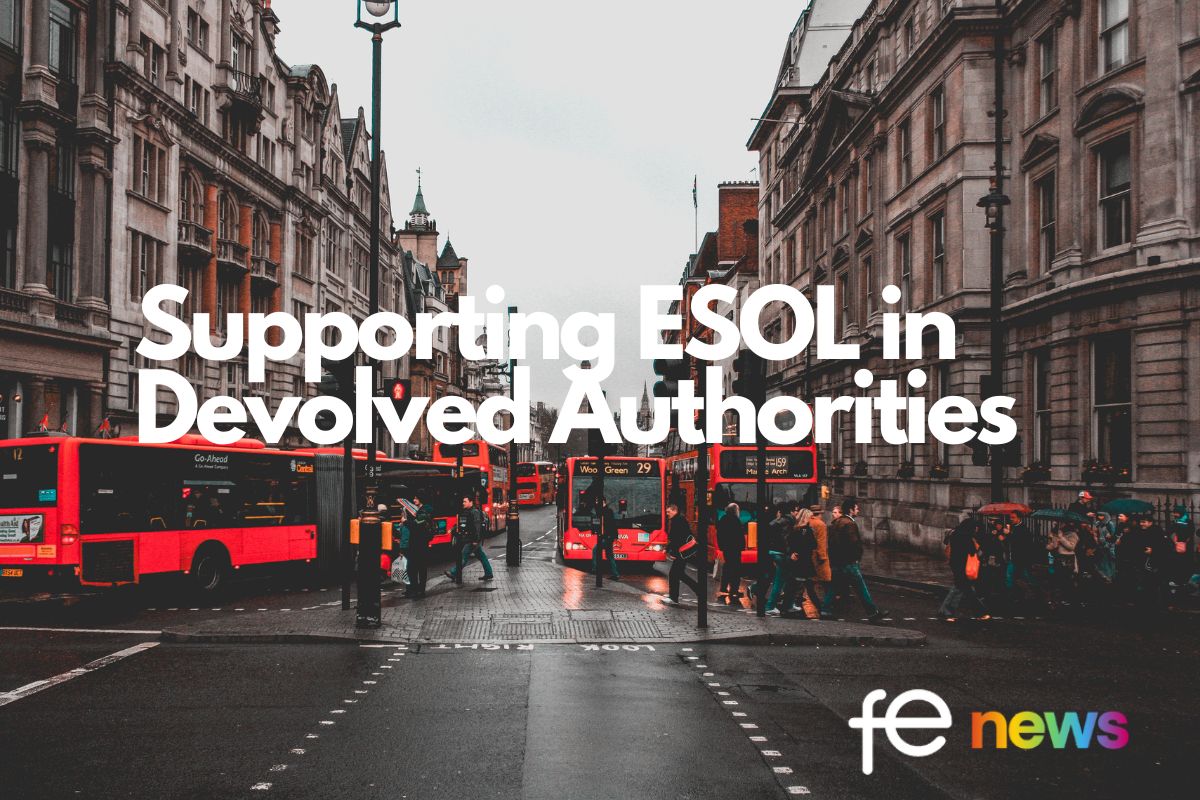Equality and diversity best practice

It’s already been a busy 2016 in the news for lesbian, gay, bisexual and trans (LGBT) people. The Women and Equalities Committee report on transgender equality made headlines last week, and you may have also read that MI5 has topped a list of the best employers in Britain for LGB staff. The list, compiled by Stonewall through its free-to-enter Workplace Equality Index, ranks organisations based on their work towards equality and inclusion, and assesses them in areas such as training, monitoring, community engagement and procurement.
What you may also have noticed is a glaring gap in this list of Top 100 employers – filled by just one further education college. Although at Stonewall we work with over ninety education institutions on our Diversity Champions Programme, this number is dominated by higher education universities, twelve of which made the Top 100 Employers list in 2016.
The recent transgender equality inquiry report published a concerning view of both further and higher education institutions in relation to equality for trans staff and students, stating that “the levels of bullying and harassment experienced by trans students in further and higher education are unacceptable.” The Committee then went on to recommend that the Minister of State for Skills raises the issue with university Vice Chancellors and that “the Government hold similar conversations with further education providers.” Finally, it recommended that further and higher education institutions “should take proactive steps to promote trans equality, including having a Transgender Champions scheme for their non-trans staff.“
This may not come as a surprise to some further education providers – in a time of financial challenges and recurring budget cuts equality and diversity can often slip down the agenda, and LGBT issues are complex and wide ranging. However it may come as a surprise that in a YouGov poll in 2015, when asked to plot themselves on a ‘sexuality scale’, 23 per cent of British people chose something other than heterosexual – rising to 49 per cent among 18-24 year olds. That’s one in two, and demonstrates that these issues are more relevant than ever.
So what can colleges do to address the current state of LGBT equality and inclusion and make sure that staff and students who identify as LGBT or who are exploring their sexual orientation or gender identity feel supported, included and safe in their college?
At Stonewall, we work on a daily basis with organisations implementing excellent practice for their LGBT staff, students and communities. The best further education providers ensure that all of their staff are equipped with the knowledge and confidence to tackle homophobia, biphobia and transphobia, and are able to articulate a convincing case for LGBT equality that makes good business and educational sense. In a time when resources are scarce and colleges are undergoing governmental area reviews, the best providers are making sure that LGBT issues are inherent in their ongoing priorities, rather than being seen as an add-on to the equality agenda. This has resulted in some innovative work to embed LGBT equality into lesson plans on British Values, linking LGBT inclusion with ongoing work around the Government’s Prevent Strategy, and refreshing staff training to include clear examples of how to tackle homophobic, biphobic and transphobic language in the classroom.
For LGBT staff in colleges around the UK, the workplace is where they spend the majority of their time, and Stonewall’s research proves that people perform better when they can be themselves. Couple that with the experiences of the three million people currently studying in further education in the UK at the moment and it becomes clear that not only does it make good business sense to ensure that equality and inclusion is a key priority, but that students’ experiences at your college will have a huge impact on their educational and professional choices. For example, the Stonewall School Report survey of 1,614 young people in 2012 found that one in three gay students who experience homophobic bullying change their future educational plans because of it.
Changing organisational culture on LGBT issues takes time, but as Stonewall’s Top 100 Employers list for 2016 shows, it can, and should, be achieved.
LGBT students and staff have the right to be included and feel safe in their colleges, and their career progression, productivity and right to be treated with respect should remain a priority even when facing tough financial and resourcing challenges.
To find out more about the Stonewall Diversity Champions programme and the support it can offer your college, contact Stonewall at [email protected].
Abby Crawford is a client account manager at Stonewall, an equality organisation for lesbian, gay, bisexual and trans people











Responses